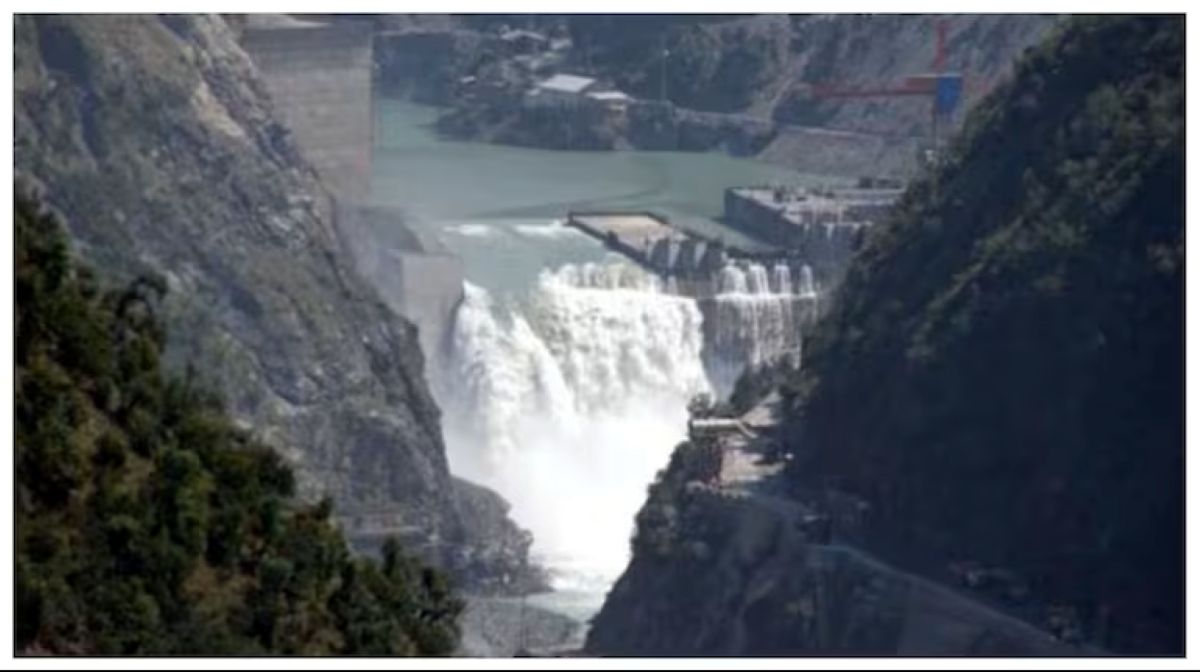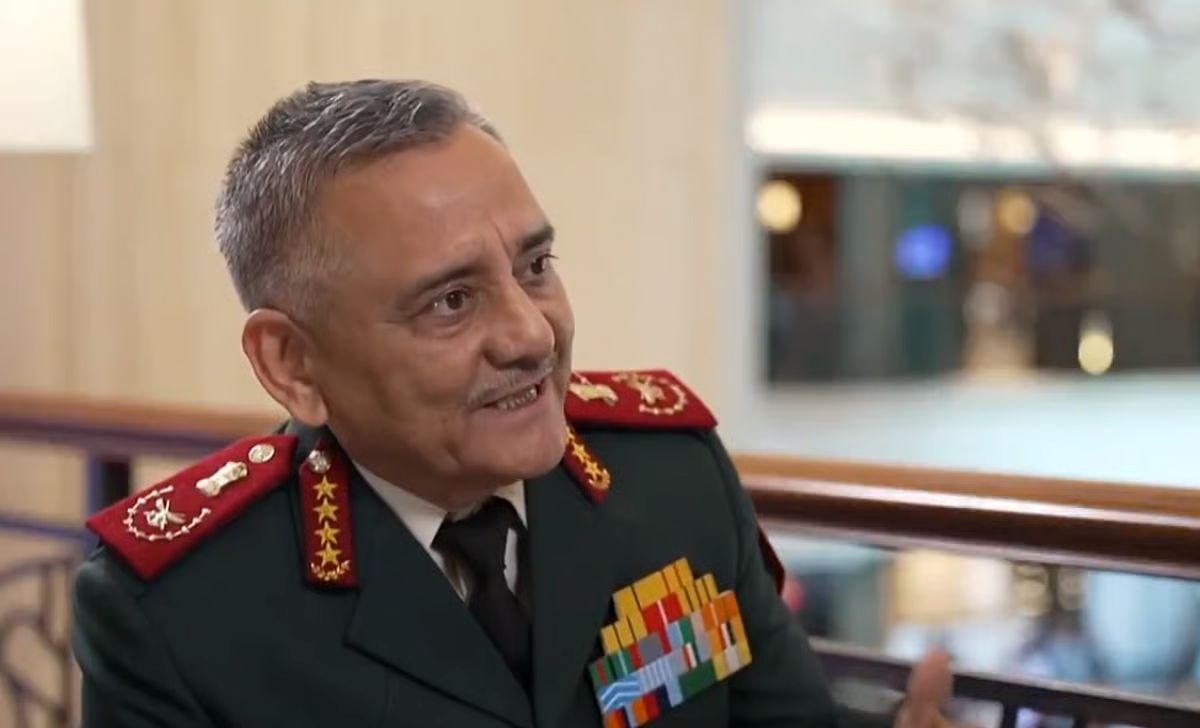
At the United Nations Glaciers Conference held in Dushanbe, Tajikistan, India has accused Pakistan of violating the Indus Waters Treaty (IWT) by supporting cross-border terrorism. The Indian delegation emphasised that Pakistan’s actions undermine the spirit of the 1960 treaty, which was established to promote goodwill and cooperation between the two nations.
The Historic Significance of the Indus Waters Treaty
The Indus Waters Treaty, signed in 1960 and brokered by the World Bank, has long been regarded as a rare success story in India-Pakistan relations. It governs the distribution of water from the six rivers of the Indus system between the two countries. Despite three wars and numerous conflicts, the treaty had remained intact, largely shielded from political disputes — until now.
India Highlights Pakistan’s Terror Links at UN Meet
At the glaciers conference, India’s Minister of State for Environment, Kirti Vardhan Singh, delivered a stern message, linking Pakistan’s alleged state-sponsored terrorism directly to a breach of the treaty’s principles. Singh specifically cited the recent terror attack in Pahalgam on April 22, which claimed the lives of 26 people, including 24 Indian tourists. India attributes the attack to Pakistan-based militant groups, accusing Islamabad of providing safe havens for terrorists who orchestrate violence against India.
Background of the Indus Waters Treaty
The IWT, brokered by the World Bank in 1960, governs the distribution of the Indus River system‘s waters between India and Pakistan. It has been a cornerstone of India-Pakistan relations, surviving multiple conflicts and tensions over the decades.
Source: The India Express
India’s Response to the Pahalgam Attack
In the aftermath of the Pahalgam attack, India suspended the IWT and took several punitive measures against Pakistan. These included expelling Pakistani diplomats, closing the Wagah-Attari border crossing, and imposing travel restrictions on Pakistani nationals. Prime Minister Narendra Modi criticized the treaty as “badly negotiated” and unfavorable to India’s interests, stating that even a mere suspension of the treaty has already caused apprehension in Pakistan
Pakistan’s Reaction
Pakistan has condemned India’s suspension of the treaty, labeling it as “cowardly” and “immature.” Pakistani officials argue that India’s actions amount to “water warfare” and have vowed to defend their rights over the Indus waters through legal and political means. Prime Minister Shehbaz Sharif raised concerns regarding the abeyance of the IWT during a forum focused on glaciers held in Tajikistan, aiming to highlight the issue globally and potentially garner international support
MASSIVE TWIST 🚨 Shehbaz Sharif admits that India hits airbases with BrahMos before Pak could act.
Pakistan accepts its defeat.
He said “India launched BrahMos missiles even before dawn” 😅
Meanwhile, India REJECTS Shehbaz Sharif’s call for dialogue on Indus Waters Treaty.… pic.twitter.com/VNM6uAiRE8
— Times Algebra (@TimesAlgebraIND) May 29, 2025
Source: Times Algebra
India’s Stance on Dialogue
India has firmly rejected Pakistan Prime Minister Shehbaz Sharif’s call for dialogue on key issues including the IWT, terrorism, and Kashmir. The Indian government reiterated that substantive dialogue with Pakistan will only resume once Islamabad takes definitive and effective measures against terrorism. India maintains that Pakistan’s support for terrorism has effectively nullified the goodwill and friendship foundational to the treaty.
A Indus Waters Treaty at a Crossroads
The Indus Waters Treaty, once seen as a diplomatic achievement immune to political turmoil, now stands at a critical juncture. With both nations unwilling to compromise on core issues — terrorism for India and water security for Pakistan — the future of one of the world’s oldest water-sharing agreements remains uncertain. As India signals a tougher posture, regional observers are watching closely for the next diplomatic, legal, or military move in this unfolding chapter of South Asian geopolitics.
Implications for Regional Stability
The suspension of the IWT and the escalating rhetoric between India and Pakistan have raised concerns about regional stability. The treaty has historically been a symbol of cooperation, and its potential dissolution could have far-reaching consequences. Analysts warn that the politicization of water resources could lead to increased tensions and conflict in the region.
Conclusion
India’s accusations at the UN Glaciers Conference mark a significant escalation in its stance against Pakistan’s alleged support for terrorism. By linking terrorism to the violation of the IWT, India is signaling a shift in its approach to bilateral relations. The international community will be closely watching how this development unfolds and its impact on regional dynamics.







